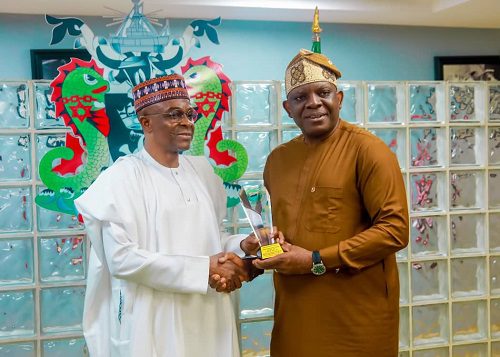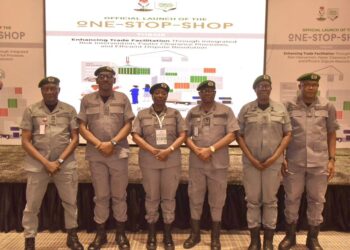By Captain Emmanuel Ihenacho
The Nigerian petroleum industry remains a critical sector of the country’s economy. This sector requires to follow a logical path to economic optimization in order to unlock its full potential. This path to greater wealth and prosperity, should begin with diversification; that is to say, reducing dependence on crude oil exports and by developing other sectors such as agriculture, manufacturing, and services.
Next, we should logically consider investments in refining and petrochemicals production noting that these areas of investments remain crucial to generating value addition, reducing import dependence, and boosting exports.
Before investing in oil refining and petrochemicals production infrastructure as recommended here, there would need to be established, an intermediate policy provision, geared towards ramping up the production of crude; the enhanced output of which would be divided into dollar generating exports and as feedstock for feeding the additional domestic refineries which are recommended to be established.
We further observe that it remains a great aberration for a country which has been in the business of the exploration and production of crude oil for over 60 years to continue to tolerate its current classification as a net exporter of crude rather than a net exporter of refined products.
I think that it is well past the time for us to have transited into an international petroleum refining hub rather than remain stuck in the classification as an origin hub for Crude exports. The establishment of more local refineries would translate into greater national revenues, more profits for reinvestment, an abundance of high and low level jobs , technology transfer opportunities and other value added benefits. The multiplier economic benefits accruable through this diversification process are simply staggering. A review of the fiscal incentives which underpin the recommendation for business diversification in the oil sector will show that the country is estimated to be losing roughly 85 billion usd annually from revenues ‘not earned’ due to its limited participation in the exploitation of crude oil and its derivatives. This amount is more than twice the presidential budget expenditure proposal for the current year.
In order to achieve the required diversification targets, improved corporate governance, transparency, and regulatory oversight are essential to attracting the needed investment, ensuring greater accountability, and preventing corruption.
In regard to the optimal market structure which may be required to achieve the greatest economic good in relation to our recommendations, we observe that increased private sector participation, realisable through liberalization and deregulation, would better foster competition, innovation, competitive prices and enhanced market efficiency. In discussing the issue of market efficiency, we cannot fail to observe that it is very important for the issue of subsidies be fully tabled and dissected nationally so that the government can stop paying subsidies which though originally conceived to help the common man most often ends up subsidising the lifestyle of the middle class Nigerians and our neighbouring West Africans. This issue must be urgently resolved.
Infrastructure development, including rail, roads, pipelines networks, shore based tank and depot storage facilities, and vehicular road transportation networks remain vital to enhancing distribution, reducing costs, and improving safety.
Human capacity development, realisable through further education and training, would adequately equip the workforce with necessary skills to drive innovation and growth. Hese would need to be provided for.
Complementing all of these would be the Research and development function which would focus on technology and innovation optimizing exploration, production, and the refining processes.
On a political level, national and regional cooperation, attainable through collaboration with neighbouring countries, would optimize resources, sharing knowledge, and reducing costs. We note specifically that greater cross border collaboration with our Ecowas neighbours would help us in checkmating the scourge of smuggling of petroleum products which has been a great bane of contention and worry for the country.
In all cases, environmental sustainability would need to be pursued and realised through implementation of cleaner technologies and practices which would minimize the industry’s ecological footprint.
Capping it all, fiscal discipline, through prudent management of revenues, would ensure transparency, accountability, and sustainable investment.
Policy consistency, through stable and predictable policies, would attract investment, promote planning, and ensure sector growth.
Finally, stakeholder engagement, attainable through collaboration with communities, civil society, and industry players, would ensure inclusive decision-making, address concerns, and promote sector development.
By following this logical path, Nigeria can optimize its petroleum industry’s economic performance, reduce dependence on oil, and promote sustainable development.
Essential overall policy enablers in all cases
1. Policy consistency: Establish stable consistent policies to attract investments and promote long term planning.
2. Human Capacity Development: Invest in education and further education, training and skills development for the workforce.
3. Stakeholders engagement: Foster collaborations amongst government, industries, communities and civil society to ensure inclusive decision making.
By implementing these recommendations, Nigeria can easily optimize its petroleum industry’s performance, reduce current dependence on crude oil exports and promote sustainable development.
*Captain Emmanuel Ihenacho is the Chairman, Integrated Oil and Gas Company Nigeria Ltd.


































































